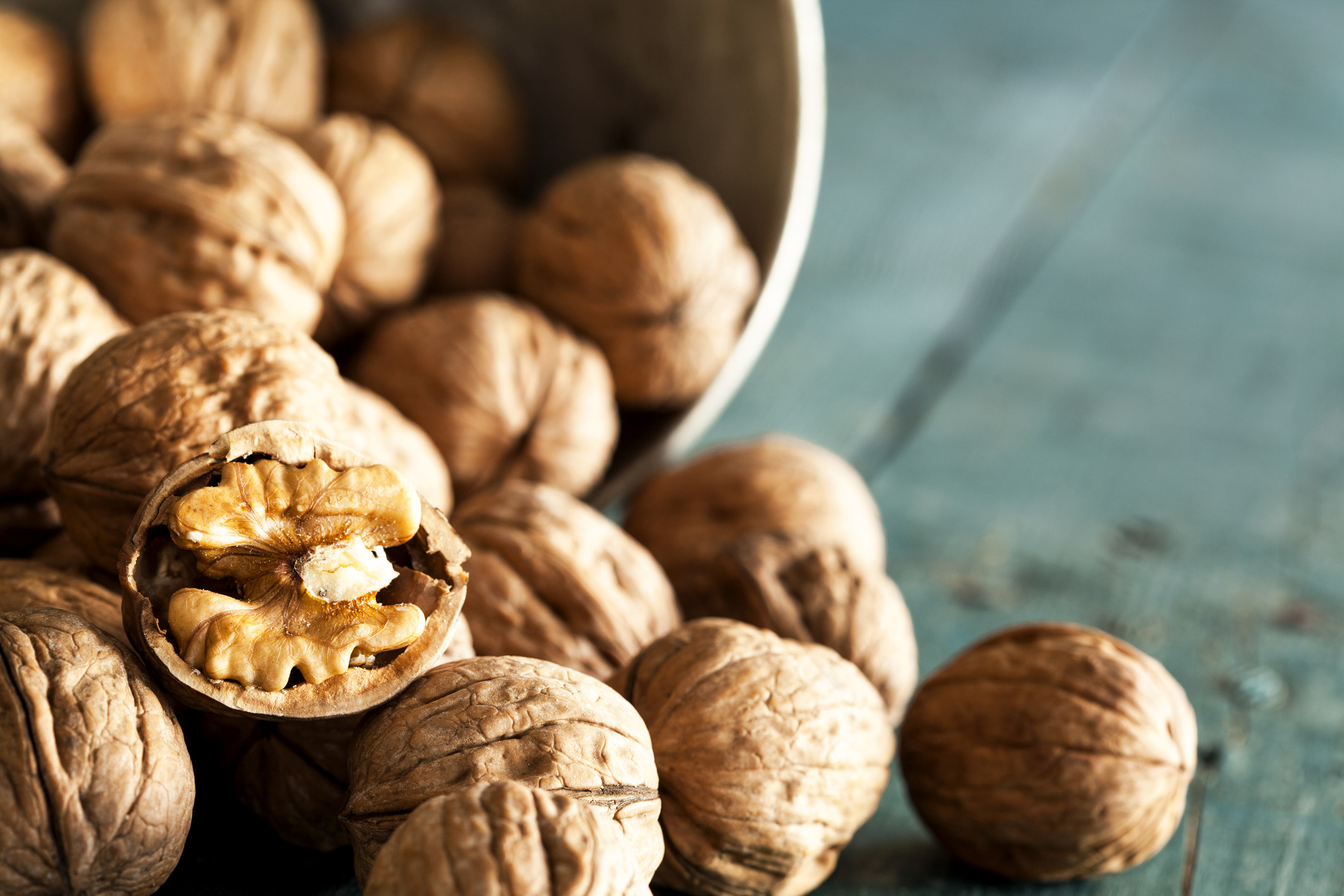
Respiratory health harms often follow flooding: Taking these steps can help

Tips to leverage neuroplasticity to maintain cognitive fitness as you age

Can white noise really help you sleep better?

Celiac disease: Exploring four myths

What is prostatitis and how is it treated?

What is Cushing syndrome?

Exercises to relieve joint pain

Think your child has ADHD? What your pediatrician can do

Foam roller: Could you benefit from this massage tool?

Stepping up activity if winter slowed you down
Staying Healthy Archive
Articles
Small pets are delightful, but some carry dangerous bacteria
Small animals like turtles, iguanas, and frogs are often chosen as first-time pets for children, but it may be best to avoid them because they can carry bacteria that can make people sick. Here's what to know about this illness.
Want to cool down? 14 ideas to try
Climate change has made summers hotter, and the struggle to stay cool has led to more cases of heat-related illness. Don't wait until you're overheated to figure out how to cool down; use these ideas to get you started.
5 myths about using Suboxone to treat opioid addiction
The medication Suboxone has helped many people who are addicted to opiates, but even within the addiction treatment community there are misunderstandings about this drug and its effects on the brain.
CBD products are everywhere. But do they work?
By now, you've probably run into a product containing cannabidiol, also known as CBD. It is in everything from drinks and pet products to lotions and chewable gummies. But many people still don't really know what CBD is, what it does and doesn't do, and how it works. Below, we sort through the confusion by answering some of the most common questions about CBD.
Are you getting health care you don't need?
Just because you can get a particular test or treatment or take a supplement doesn't mean you should. One study suggests as much as 20% of all health care in the US is unneeded. Skipping unnecessary care might actually improve your health, while saving time and money.
Counting steps works as well as counting exercise minutes
A 2024 Harvard study of more than 14,000 women found that counting steps was just as effective as counting exercise minutes as a means of tracking whether a person is getting enough activity to reduce disease risk and boost longevity.

Respiratory health harms often follow flooding: Taking these steps can help

Tips to leverage neuroplasticity to maintain cognitive fitness as you age

Can white noise really help you sleep better?

Celiac disease: Exploring four myths

What is prostatitis and how is it treated?

What is Cushing syndrome?

Exercises to relieve joint pain

Think your child has ADHD? What your pediatrician can do

Foam roller: Could you benefit from this massage tool?

Stepping up activity if winter slowed you down
Free Healthbeat Signup
Get the latest in health news delivered to your inbox!
Sign Up











